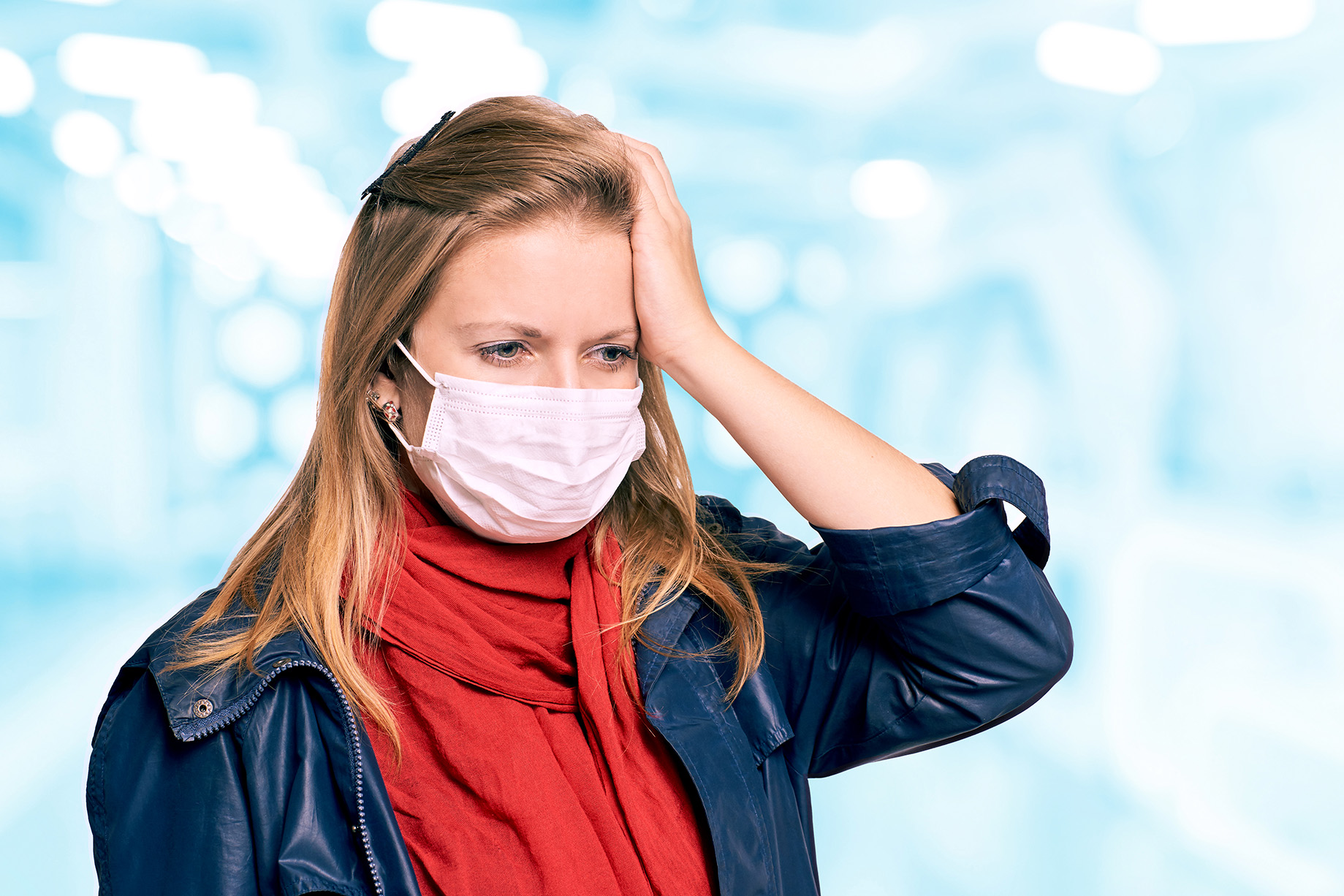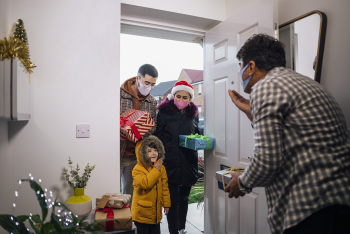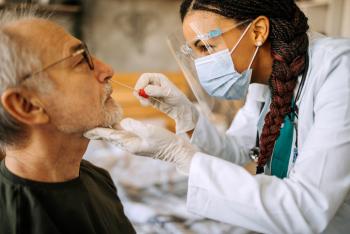Long COVID refers to a range of persistent symptoms that can linger for weeks, months or years after...
Read More

Most people who have contracted coronavirus will make a full recovery. But the recovery process oftentimes brings new challenges.
Some COVID-19 patients have reported that symptoms continue long after the onset of COVID-19. In some cases, they are well enough to go back to work, but still experience fatigue.
“What we’re seeing with a percentage of COVID-19 patients is that weeks after the onset of symptoms, they’re still not feeling 100%,” said David Kaufman, M.D., Chairman of Infectious Disease Control for Inspira Health. “Because the virus is still so new to us, we can’t tell our patients exactly what to expect after the worst symptoms have cleared.”
It’s natural to feel a sense of joy when stepping back outside for the first time in what might feel like ages. For those survivors that have been released from the hospital, the anticipation of getting back to something resembling life as they once knew it can be overwhelming. But it’s hard to celebrate, with recovery times stretching weeks or even months after discharge from the hospital.
While a survivor may no longer be spending their days in a hospital bed, lingering fatigue and the possible onset of what is referred to as Post-Intensive Care Syndrome can make it difficult to maintain a bright outlook.
“Survivors have to be particularly careful after they leave the hospital,” said Kaufman. “While they’re no longer being treated intensively in a hospital setting, lingering symptoms of the virus can prolong a complete recovery.”
With many viruses—like the flu, measles and polio—an exposure to them, even in small doses, helps the body to begin producing defensive antibodies that fight the disease, bolstering a person’s immune system with a protective wall of sorts. This trend, however, has yet to be seen with COVID-19. At a very basic level, the generation of antibodies is what makes vaccines effective. The introduction of a small, controlled amount of a virus stimulates the immune system to begin antibody production, building the defenses to help prevent a future infection.
“So far, we don’t have enough data to safely say that beating the coronavirus once means that you can’t get infected again,” said Kaufman. “When we gather enough data, this critical information will help guide the country to reopening safely.”

Long COVID refers to a range of persistent symptoms that can linger for weeks, months or years after...
Read More
A Very COVID Christmas: How to Celebrate Safely
Read More
After more than two years of masks, social distancing and travel restrictions, this winter is likely...
Read More
The material set forth in this site in no way seeks to diagnose or treat illness or to serve as a substitute for professional medical care. Please speak with your health care provider if you have a health concern or if you are considering adopting any exercise program or dietary guidelines. For permission to reprint any portion of this website or to be removed from a notification list, please contact us at (856) 537-6772